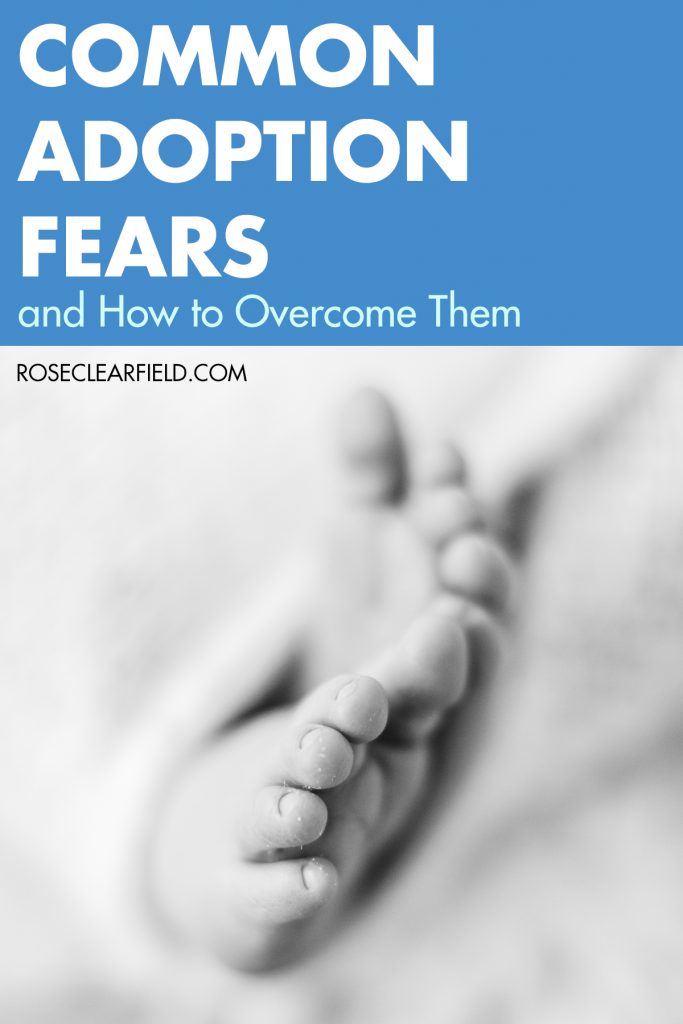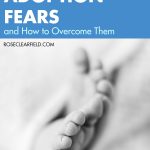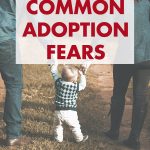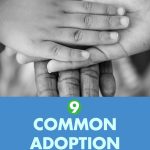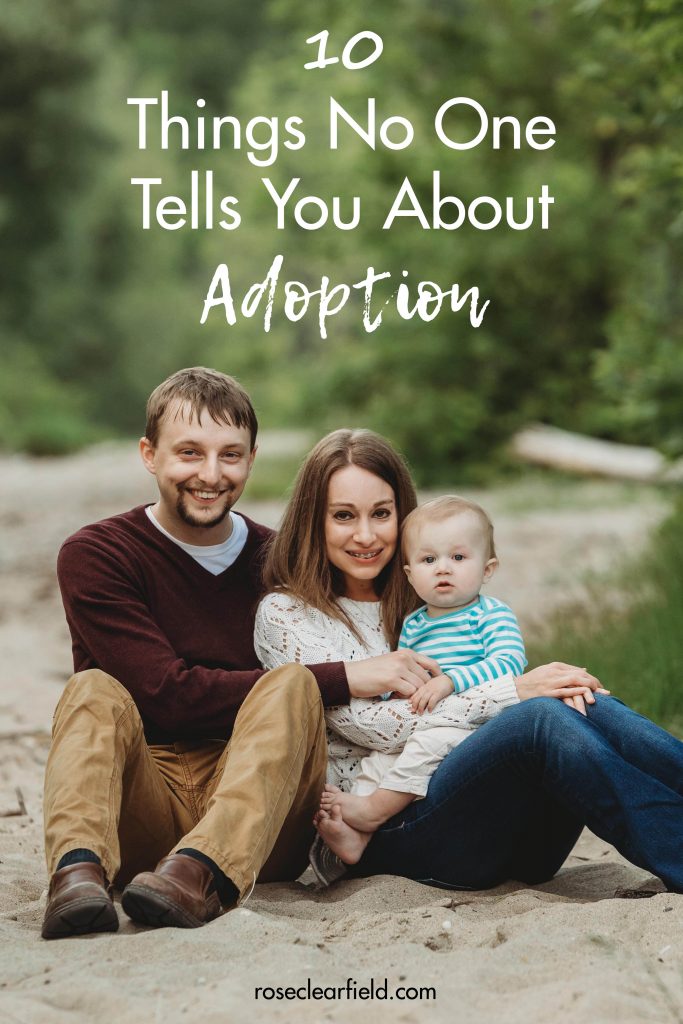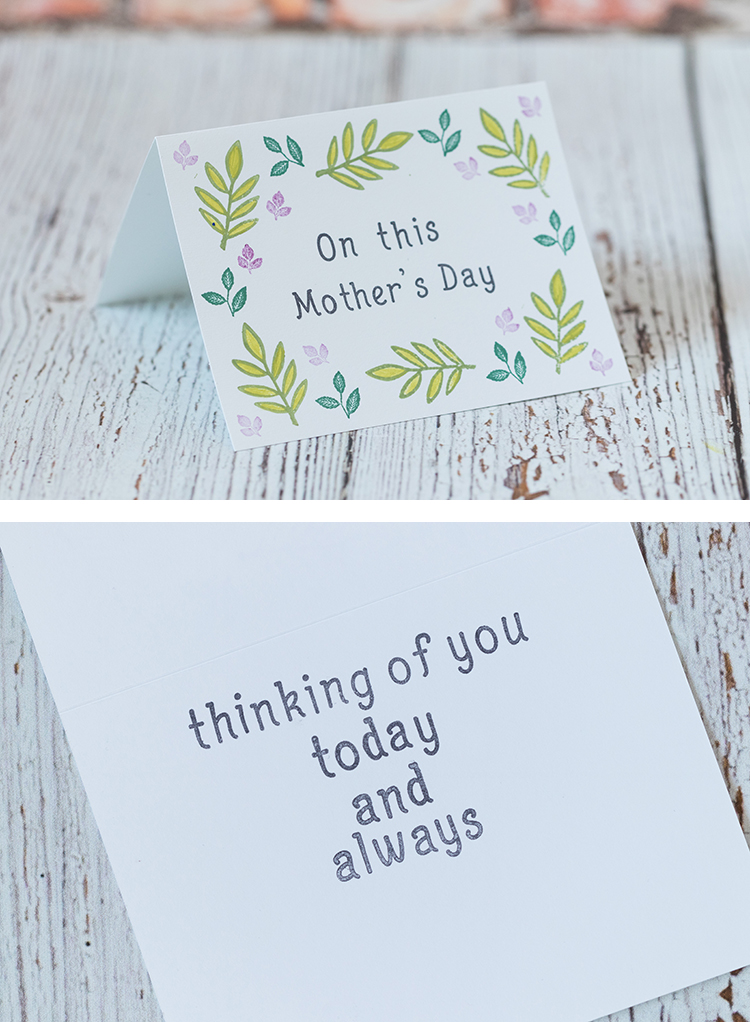Adoption is a scary process. Learning about the most common adoption fears and how to overcome them is key for navigating the process successfully with a minimal amount of stress.
Even when you’re all in for the adoption journey, it’s understandable and perfectly normal to have some major fears. It’s a lengthy, expensive process with a lot of unknowns. Familiarizing yourself with the most common adoption fears will help reassure you that you’re not alone in your fears. Then learning how to overcome these fears will equip you with coping strategies and parenting tactics for a smooth adoption and years of stress-free adoptive parenting.
We won’t get chosen.
Hands down, one of the biggest fears couples have when entering the adoption process is that they won’t match with a birth mom. Through the months we spent waiting during fertility treatments, while completing our home study, and then in the adoption pool the first time around, I definitely questioned whether or not we would ever be parents. A lot. I felt much more hopeful about getting matched with a birth mom than I ever did about having a successful fertility treatment. However, the fear of not getting picked was still there.
There aren’t nationwide statistics about the number of couples who match with birth moms versus the number of couples who never match. There are a lot of factors at play that make it difficult to put together concrete numbers. These factors include, but aren’t limited to, the following:
- Failed adoptions
- Couples who withdraw from an adoption pool because they become pregnant
- Couples who decide to pursue fostering instead of private adoption
The good news is that within a specific agency, you should be able to get at least a rough estimate of the percentage of couples who match and how long they wait. There are no guarantees with adoption. However, with a reputable agency, a healthy waiting pool, and regular profile opportunities, your odds of getting chosen are good.
Additionally, unless you’re working in a state that requires you to sign a contract with a specific agency, you aren’t tied to working with a single agency. If you’re not happy with your agency for any reason, you can switch to another agency. If you’re happy with your agency but aren’t getting a lot of profile opportunities, you may want to consider working with a consulting service, such as Christian Adoption Consultants or Faithful Adoption Consultants, to extend your reach.
I won’t bond with my adopted child.
The bonding process is different for every parent, both biological and adoptive. Some parents bond with their children immediately. For some parents, it may take a few days or even a few months. It’s completely normal not to bond with an adopted baby right away. It may be difficult to comprehend, when you’ve wanted it so much for so long. However, again, it’s normal and not a cause for concern or reason to feel guilty.
Bonding may not go exactly as you imagined or it may take longer than you expected. But you will bond with your adopted child. You have to trust the process. Pray that it will happen the way it’s supposed to when the timing is right.
The birth mom will change her mind.
There is always the potential that the birth mom will change her mind. Unfortunately, sometimes it does happen. In the vast majority of cases where a birth mom changes her mind, she makes her decision while she’s pregnant or right after she’s made the baby. It’s extremely rare for a birth mom to change her mind once a child has been placed with adoptive parents.
As you consider adoption agencies, inquire about their failed adoption statistics as well as the support they provide for birth moms. A specific agency will give you more detailed information about their failed adoption numbers. They’ll also review what happens in these situations. For example, you may get part of your money back or be able to apply it to a future adoption match.
Finding a reputable adoption agency that provides comprehensive support for their birth moms will significantly decrease your chances of having a failed adoption. It’s worth spending more on an adoption that includes ongoing counseling for the birth mom during her pregnancy and following the adoption match.
The more you can do to demonstrate your own support for the birth mom as well, the less likely it is for her to change her mind. If possible, during the pregnancy, periodically ask her how she’s doing and if there’s anything you can do for her. You want to remain engaged and empathic without being pushy or nosy.
My family and/or my community won’t be accepting of adoption.
Unless you have close family members or friends who have adopted children, it’s hard to know exactly how family or community will react. In our four years on our adoption journey, I’ve never experienced outright hostility or unacceptance of my adopted child or of adoption in general. It’s very unlikely that you’ll have issues with people viewing your children as somehow “less than” because they’re adopted.
With that being said, I have fielded more weird and offensive questions and downright nosy, inappropriate comments about adoption than I ever imagined possible, including from well-intentioned close family members and friends. It’s a tough line to balance because you want to inform loved ones without offending anyone. You also don’t want to spend holiday functions and other special events educating family and friends. Frankly, they don’t want to be educated during these occasions either.
I encourage you to purchase copies of In On It for your close family and friends. Send them out directly from Amazon or the bookstore of your choosing. In On It is a detailed but lightweight read. It’s perfect for people who want to stay informed about adoption but aren’t necessarily adopting themselves.
My other biggest piece of advice is to give it time. We answered a lot of questions and dealt with a not insignificant amount of unfair negativity, particularly toward my son’s birth mom, during the first few months after he was born. It all came up again around his first birthday. Since then, things have gotten a lot better. I still get a decent amount of weird questions. However, I deal with less of it from close family and friends.
If I have an open adoption, the birth parents will try to take back the child.
Awful Hallmark and Lifetime movies and other poor pop culture continue to perpetuate the birth parent kidnapping myth. I can assure you with 100% certainty that having an open adoption won’t increase the possibility of the birth parents trying to take back to the child.
The chances of birth parents taking back a child are basically zero. In the very rare instance that it did happen, it would be considered kidnapping and dealt with accordingly. This fear shouldn’t deter you from considering adoption and more specifically, open adoption.
If I have an open adoption, the birth parents will show up and attempt to co-parent with me.
I talk about this false notion of birth parents showing up and attempting to co-parent with adoptive parents in 10 myths about open adoption. If you’ve been wary about open adoption because of this type of common misconception, I highly encourage you to review these common open adoption myths.
Birth parents don’t reach out to adoptive families because they want to co-parent. Period. In turn, adoptive parents don’t see open adoption as a way to use birth parents to co-parent with them. Both sets of parents understand their roles in an adoptive child’s life. In the vast majority of open adoptions, both parties are respectful of their roles.
I won’t know how to talk to my children about adoption.
My husband and I have been working with an adoption agency that strongly recommends talking to children about adoption from birth. There is a lot of research to support this stance. When children always know that they’re adopted and don’t remember a distinct conversation where they first learned of their adoption, they’re much more likely to have a positive outlook on adoption.
You may not feel comfortable talking to your infant child about adoption. The sooner you start talking about adoption, the better the chances that you’ll be comfortable with it by the time they do understand and start to have questions.
Our favorite tools for talking to our toddler son about adoption are our profile books. We have a copy of the profile book we used to adopt him and a copy of the profile book we’re currently using for baby #2. He loves seeing the pictures of himself and his loved ones. In time, he’ll start to understand more of the story. Many adoptive parents also create a lifebook to tell their adoptive child’s story, which is another great tool for talking about adoption.
Beyond these tools for the early stages of talking about adoption, I encourage all adoptive families to build an adoption community. You don’t know what questions your children will have or what scenarios they’ll encounter. The more support you have, the more likely it is you’ll be able to get them the answers they need.
My child will have unknown health and/or behavioral issues.
One reason to consider open adoption is access to medical information. In every open domestic infant adoption, the birth parents will fill out extensive forms about their health and medical history as well as their family’s medical history. You’ll get copies of all of these forms within just a few weeks of your child’s birth.
With an ongoing birth family relationship, you can always follow up with them about any health and behavioral issues that do arise. Even with limited contact, it’s extremely helpful to receive the initial reports and to have contact information to reach out to them as needed.
Even with extensive background information and ongoing contact, you never know what issues your child will have down the line. The same is true for biological children. It’s impossible to prepare for every potential health and behavioral issue that may occur at some point.
Again, my best advice is to cultivate and maintain an adoption community. If you believe that an issue is stemming from something adoption related (i.e., trauma, drug use), you’ll have resources to get the treatment and support both you and your child need.
Someday my child will want to live with his birth parents.
I don’t know any child, biological or adopted, who hasn’t expressed a desire to live with a close friend, family member, etc. at some point. Parents make you crazy. And life always looks better at someone else’s house. When the going gets tough, it may seem like living with birth parents will improve the situation. Yes, if a birth family is in an adoptive family’s life, an adoptee may make this threat. There are virtually no circumstances where an adopted child actually goes to live with a birth family.
[Disclaimer: There are a few affiliate links in this post. Thanks for your support!]
Adoptive parents, what other fears did you have about adopting? How did you overcome them?
I’d love to hear your best tips for overcoming common adoption fears!

